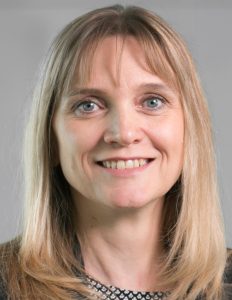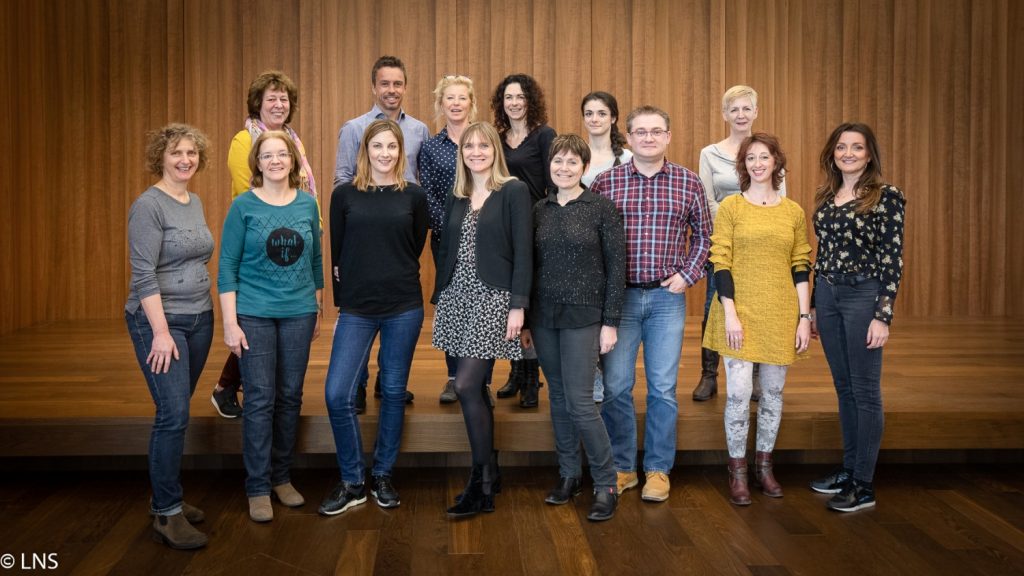
Dr pharm., Dr sc. Patricia Borde
- Department
DEPARTMENT OF MEDICAL BIOLOGY - Function
Chef de département - Specialization
Hormonologie-biochimie-toxicologie - Phone
+352 28 100 592 - Fax
+352 28 100 582 - Email
patricia.borde@lns.etat.lu

The department of medical biology is oriented towards the prevention of diseases within the context of the national project for screening (prenatal and neonatal), the treatment of diseases by specialised analysis (diagnosis of metabolic diseases, analysis of stones), and the detection of drug addiction as well as the assessment of drug treatments.
Along with the department of medical biology, the LNS makes available to other laboratories and the population in general, biochemical, endocrinological and toxicological analysis. With over 40 years of experience in specialised hormone analysis, the department offers high-performance equipment and skilled personnel.
Moreover, the department also provides centralised receipt of samples for various laboratories at the LNS (with the exception of pathological anatomy services, monitoring services) and blood sampling.
Initially developed to assay circulating hormones, the radioimmunoassay is used to detect antibodies present in the blood of a patient during an illness or an allergy. Conversely, it is used to assay a substance (drug, tumour marker, vitamin, hormones, etc.) using an antibody labelled with a radioactive compound developed specifically for this purpose.
Chromatography is a separation method that enables the identification and determination of the different compounds of a mixture, liquid or solid. This technique is used in the department for toxicology assays, for the measurement of catecholamines and vitamins.
Mass spectrometry is a technique for determining the mass of a molecule or combination of molecules. Today, it is important for neonatal screening, metabolic diagnosis and toxicology because of its sensitivity, selectivity and ability to carry out rapid quantitative analysis.
Infrared spectroscopy is one of the tools most frequently used for the characterisation and identification of organic molecules. It is the reference method for the analysis of stones. It is a rapid and sensitive method for characterising most existing molecules.
One activity of the department for many years now has been neonatal screening for all children born in Luxembourg. This program is a public health activity and currently involves detecting 6 different diseases using dried whole blood spots.
Another important activity of the department since 2007 has been prenatal screening for all pregnant women in Luxembourg in order to detect foetal chromosomal abnormalities, such as trisomy 21 or neural tube defects.
As part of the medical biology department, this platform performs blood tests and provides centralised receipt of samples for various laboratories at the Laboratory, with the exception of the pathological anatomy service and monitoring services.
The platform also supports traceability for samples transported by drivers supplied by a subcontractor, it accepts and encodes all biological samples for medical services1 in GLIMS2, and it also monitors temperatures for transport, delivers the samples to the various services via WTS3, alerts them to the arrival of urgent samples and carries out external shipments.

1 With the exception of gynaecological cytology and histology.
2 GLIMS is the leading automated laboratory information system in Europe.
3 WTS is an automated transport system using pneumatic tubes.